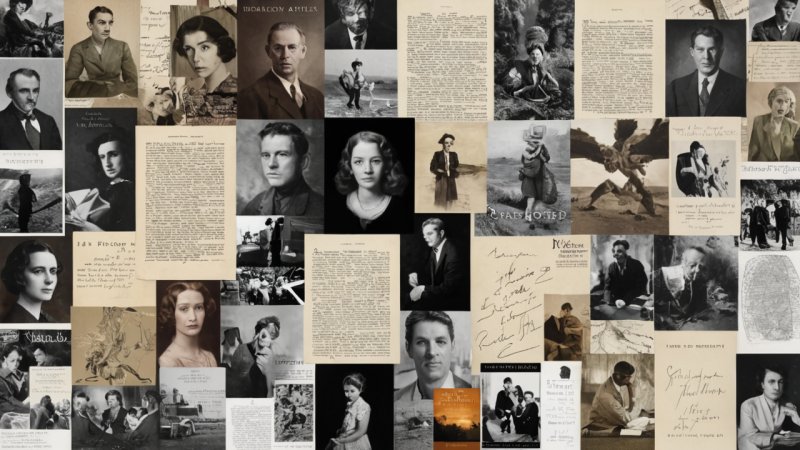Fiction has long been a powerful storytelling medium, not only entertaining readers but also shaping their memories and perceptions of reality. The relationship between fiction and memory is a fascinating area of study that delves into how narratives influence our recollections, our identities, and the way we interpret our experiences. In this article, we explore several key aspects of this relationship, highlighting how fiction can serve as a conduit for memory, influence our understanding of the past, and even evoke emotions that linger in our minds long after the last page is turned.
1. Fiction as a Reflection of Memory
Fiction often mirrors the complexities of human memory. Many authors draw upon their personal experiences to craft narratives that feel authentic and relatable. Consider how:
- Autobiographical Elements: Writers often infuse their works with autobiographical elements, creating characters and scenarios that resonate with their own pasts.
- Universal Themes: Themes of loss, love, and identity in fiction can evoke personal memories in readers, allowing them to reflect on their own life experiences.
Through these reflections, readers can find solace and connection in the shared human experience portrayed in literature.
2. The Role of Narrative Structure in Memory Recall
The way a story is structured can significantly affect how memories are recalled. Authors often employ various narrative techniques to shape their readers’ memory of events within the story. Here are a few ways this is accomplished:
- Non-linear Narratives: By presenting events out of chronological order, authors can mimic the way human memory often works, where we recall certain moments vividly while others fade.
- Repetitive Themes: Repeating certain themes or motifs can reinforce memory, creating a stronger emotional impact and making key moments unforgettable.
As readers engage with these narrative structures, their own memories may be stirred, leading to deeper emotional reactions and connections to the text.
3. Fiction’s Emotional Resonance and Memory Formation
One of the most compelling aspects of fiction is its ability to evoke emotions. This emotional resonance plays a crucial role in how we form and retain memories. Consider the following:
- Empathy Development: Engaging with characters’ emotional journeys can enhance empathy, allowing readers to remember experiences through the lens of another's feelings.
- Memory Triggers: Powerful scenes or poignant dialogues can serve as memory triggers, solidifying certain narratives in our minds long after we've finished reading.
This emotional connection not only makes stories memorable but also impacts how we narrate our own life stories, influencing our personal memories.
4. Fiction as a Tool for Processing Memory
For many, writing and reading fiction can be therapeutic, providing a means to process memories and traumas. This therapeutic aspect is evident in several ways:
- Revisiting Painful Memories: Authors often use fiction to confront difficult experiences, allowing them to explore their emotions in a safe space.
- Creating Closure: By crafting narratives around unresolved memories, writers can find closure, and readers can gain insights into their own struggles.
This processing can lead to a healthier relationship with memory, as both authors and readers navigate their emotional landscapes through the art of storytelling.
5. The Impact of Fiction on Collective Memory
Fiction also plays a significant role in shaping collective memory, influencing how societies remember historical events and cultural narratives. Here’s how:
- Historical Fiction: By blending fact with imagination, historical fiction can provide a richer understanding of past events, often filling in gaps left by traditional history.
- Cultural Narratives: Stories told through fiction can reinforce or challenge societal beliefs, altering the collective memory of a culture over time.
This collective memory shaped by fiction can have profound implications for future generations, as it influences how history is perceived and remembered.
In conclusion, the relationship between fiction and memory is a rich and complex interplay that not only enhances our understanding of literature but also deepens our connection to our own experiences. From reflecting personal memories to shaping collective narratives, fiction has the power to evoke emotions, process experiences, and ultimately influence how we remember. As readers continue to explore the myriad worlds created by authors, they will undoubtedly find their own memories intertwined with the stories they cherish.






